Have you ever ordered a coffee in Paris and found yourself stunned when it finally arrived at the table? You’re not alone. Cappuccino, ristretto, and macchiato have no space in French coffee culture and if you think that using the original Italian name will be enough to get you what you want, think again. French cafés have their own ways of preparing these classic coffee variations. To help you navigate the somewhat-confusing café menu, we’ve prepared an easy guide to ordering coffee in France.
Coffee in French Names
Un café serré
If you need a strong, small coffee, ask for “un café serré”. In fact, if you ask for a simple espresso in France, you’ll have their version of the equivalent Italian espresso, which contains about double the amount of water, making the French coffee quite a bit weaker than the original Italian version.
Un noisette
If you are after a small coffee with a dash of milk ask for “un noisette”. Many people – me included – make the mistake of asking for a macchiato. The word macchiato is not widely understood in France, and the result is usually a coffee served in a big cup filled with milk.
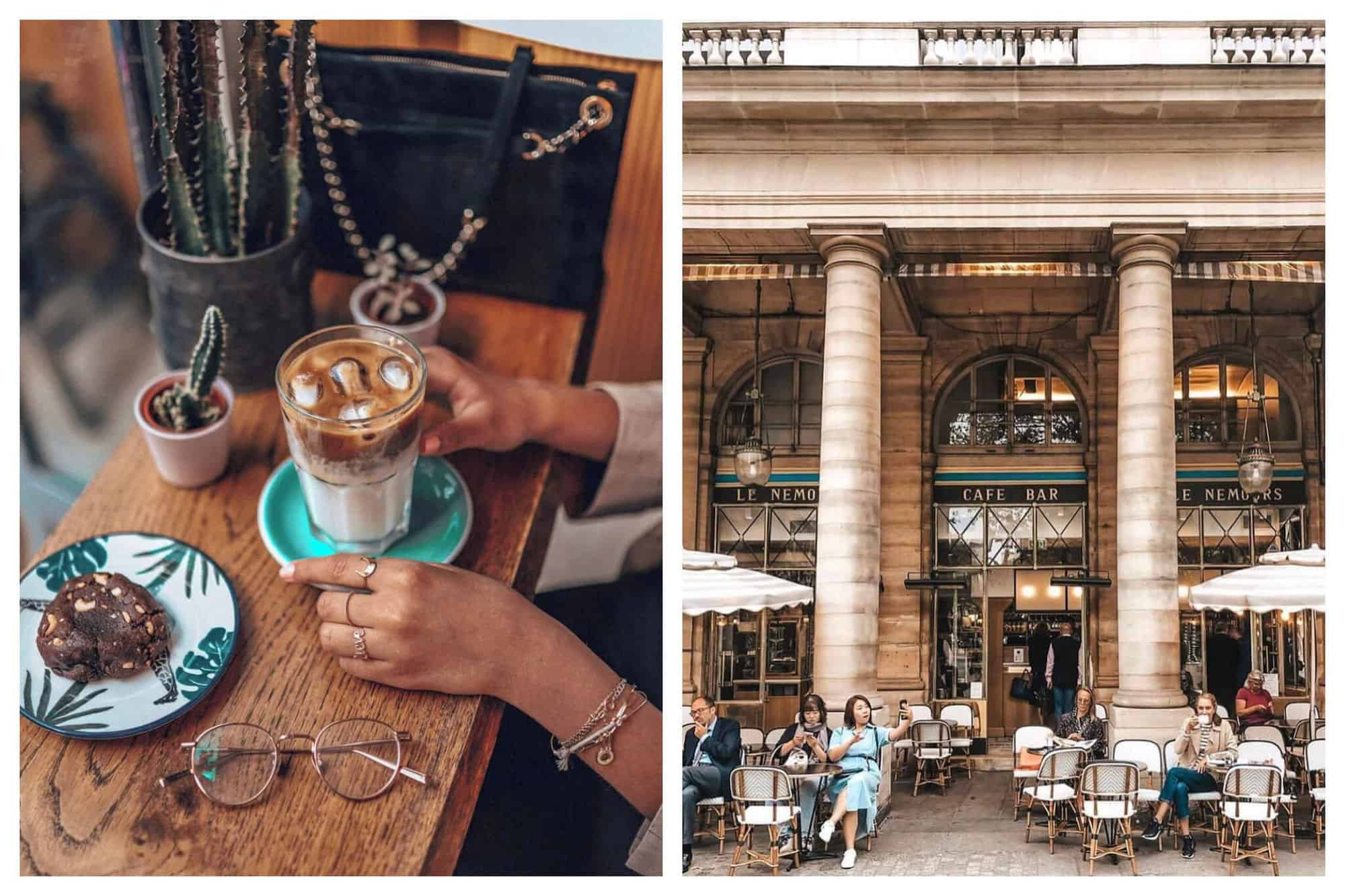
Un café crème
Ask for “un café crème” if you want to try the French cousin of the cappuccino. While a cappuccino is made with frothed milk, the café crème is made with liquid creme. The visual effect is very similar, but the French version is a lot heavier than the Italian one.
Un café au lait
If you’re missing lates, the closest thing to ask for is “un café au lait” – but remember it’s not exactly the same! Lattes have been made mainstream by chains like Starbucks, but it’s still quite rare to find a “real” latte in a traditional French café. If you ask for a café au lait what you will get is an espresso served in a glass cup, topped with warm milk.
Un allongé
If you want an Americano, ask for “un allongé”. In some cafés they might understand if you simply ask for an Americano, but the exact equivalent in French would be un allongé, so why waste an occasion to impress a French server?
Un café gourmand
Ask for “un café gourmand” if you need something sweet to go with your espresso. The concept of a café gourmand is extremely French… and it’s such a good idea! The coffee is usually served with no less than three different kinds of mini desserts, often French pàtisserie classics like a madeleine, crême brûlé, and chocolate fondant. It’s the perfect end to a meal and a great afternoon snack.
However you like your coffee, it’s always better to know what to ask for in French!
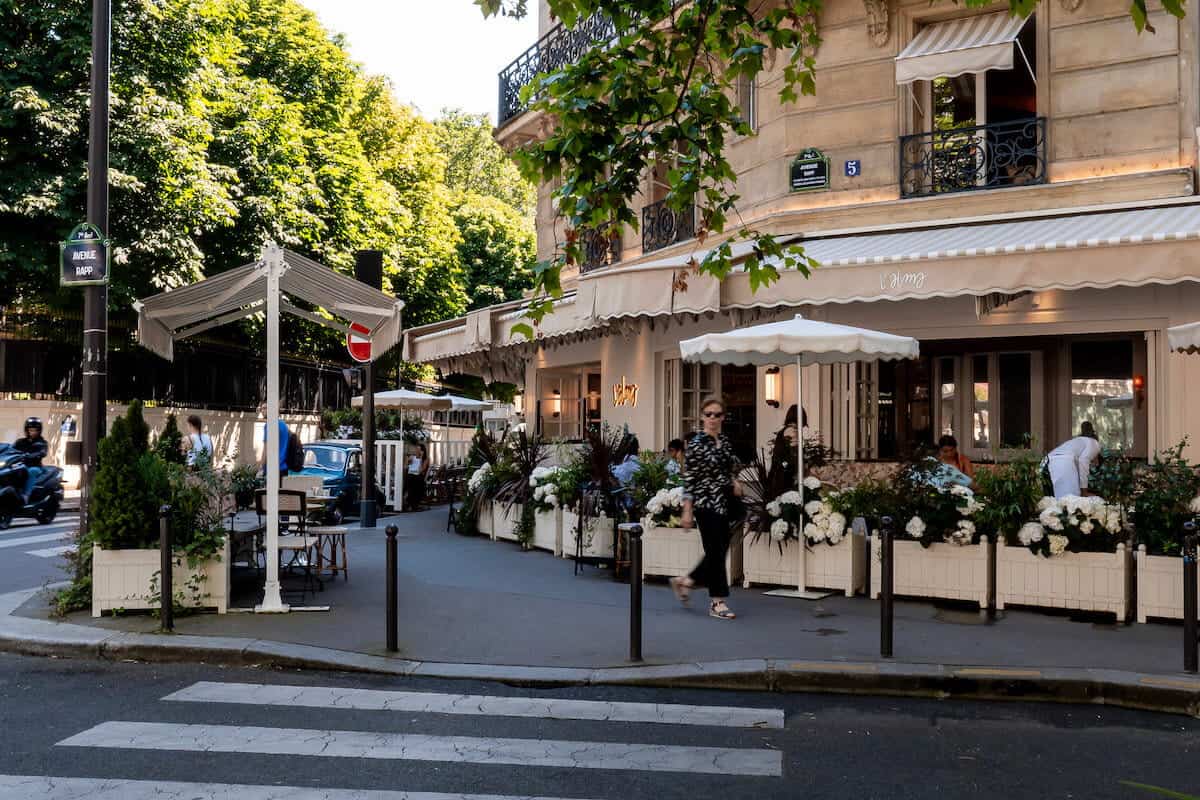
Other Helpful Terms for Ordering a Cup of Coffee in French
Café noir/Café express/un petit noir
This is a richer espresso version of coffee
Café americano
A more mild version of café noir
Deca/Café decafféiné
decaffinated coffee
Café en poudre
soluble instant coffee
Café moulu
ground coffee
Café glacé
iced coffee
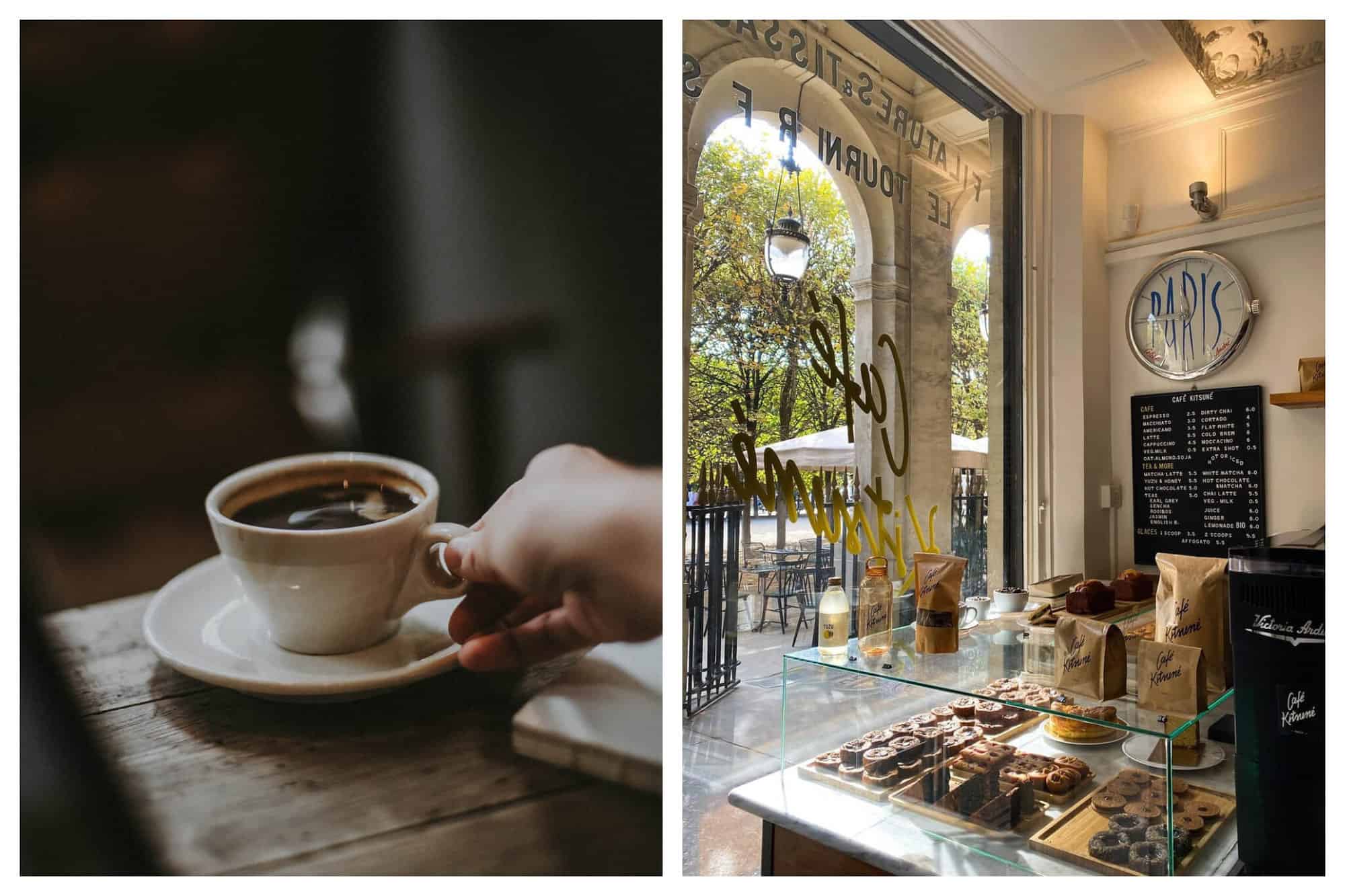
Related Links
- There is no better place to enjoy your coffee than on one of these delightful terraces in Paris.
- Need somewhere to stay in Paris for your next trip? Check out these Paris vacation rentals.
- You may not realise it but there are big differences between caffè Italian and French café culture.
Written by Alessia Armenise for HiP Paris. Looking to travel? Check out Plum Guide and our Marketplace for fabulous vacation rentals in Paris, France or Italy. Looking to rent long or short term, or buy in France? Ask us! We can connect you to our trusted providers for amazing service and rates or click here. Looking to bring France home to you or to learn online or in person? Check out our marketplace shop and experiences.
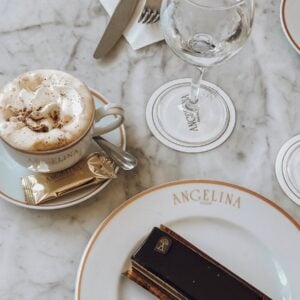



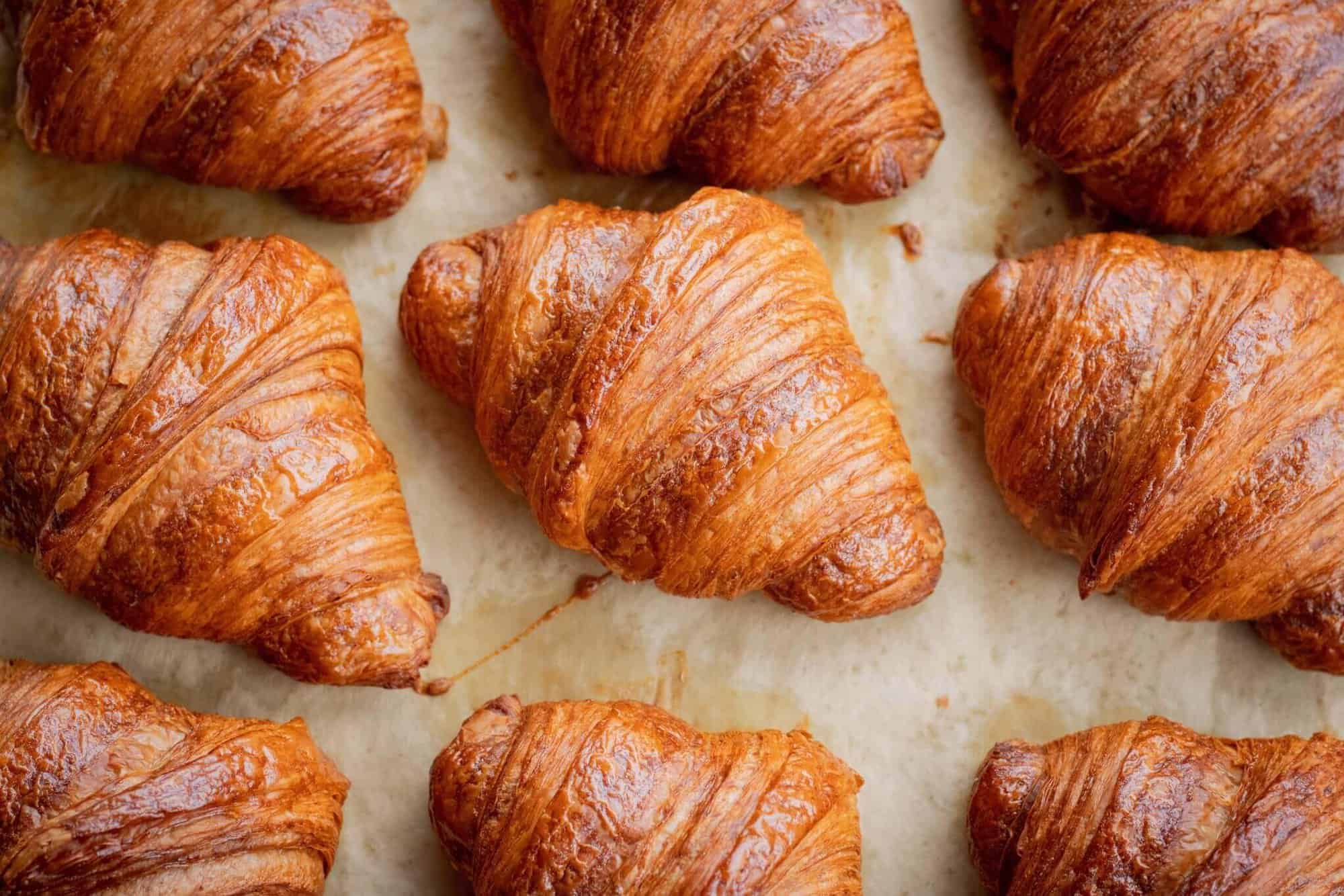

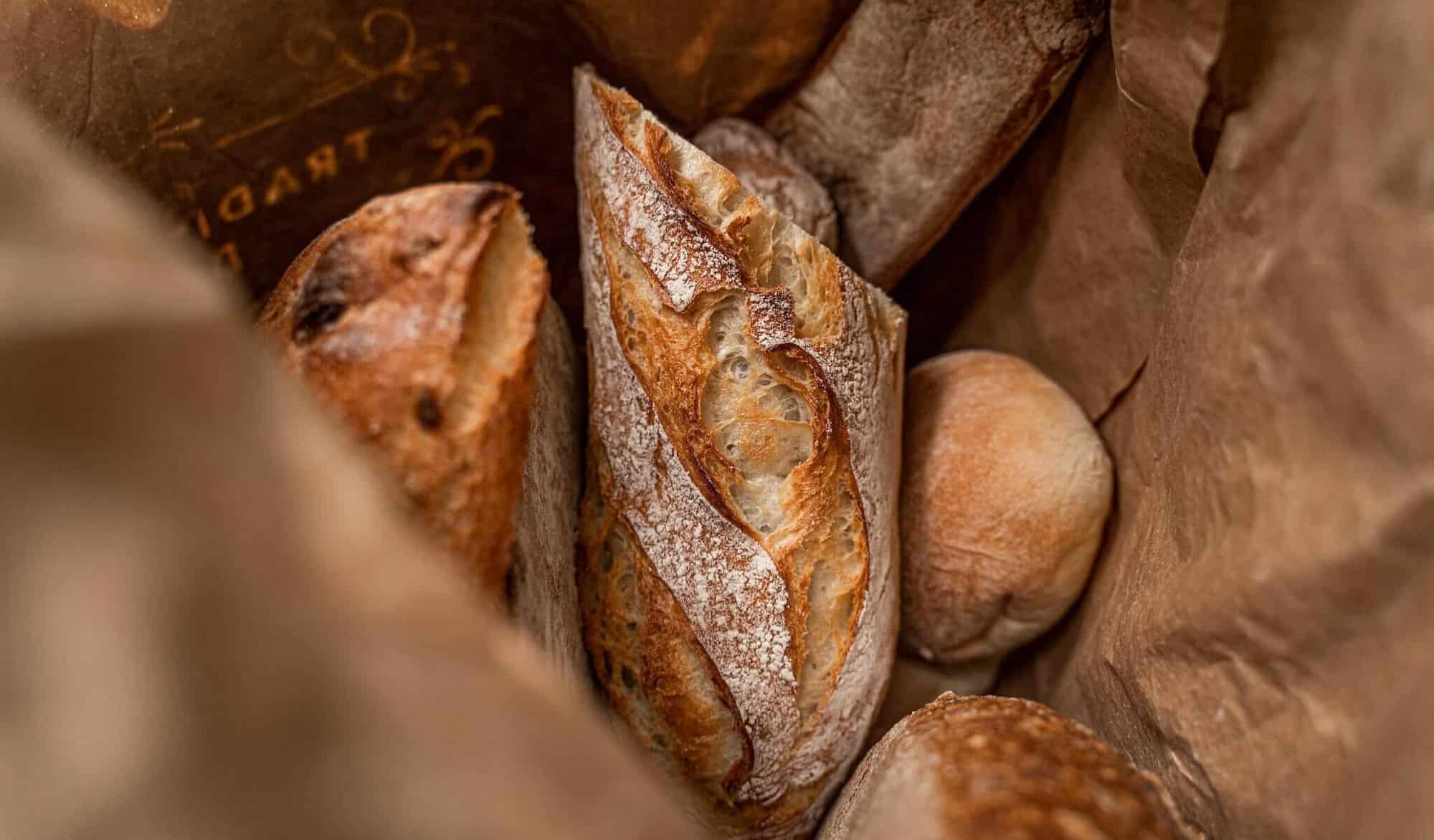




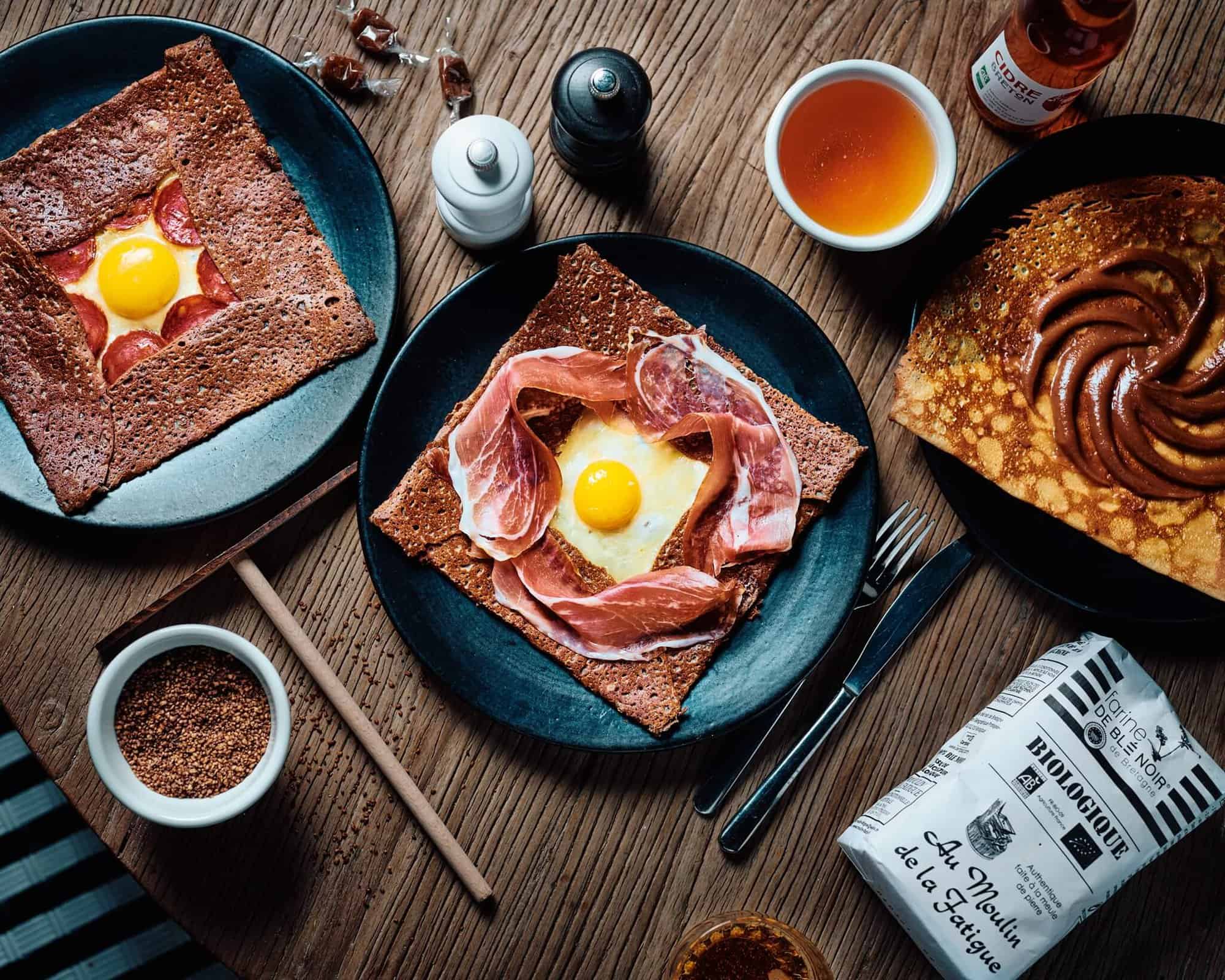

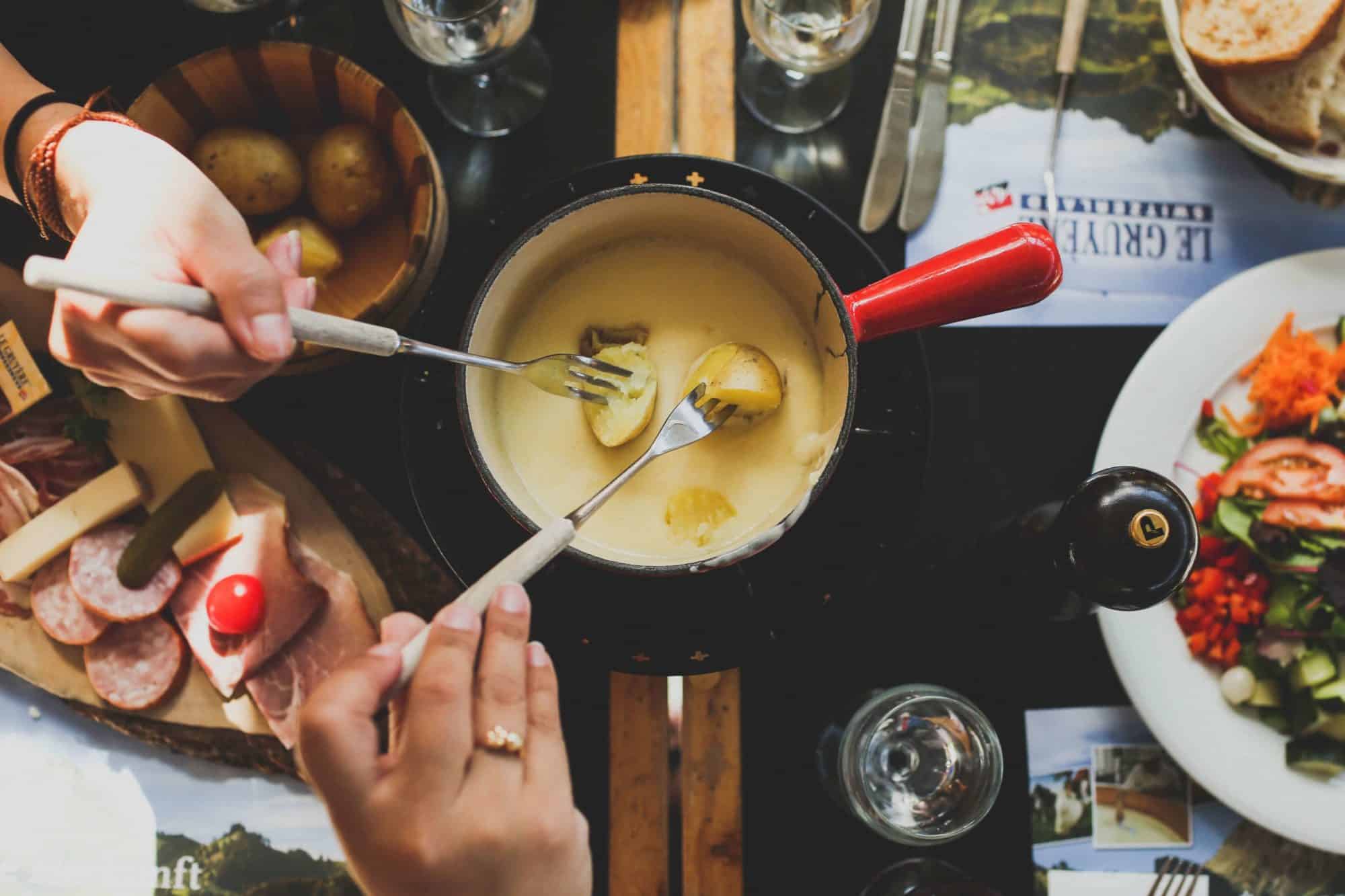
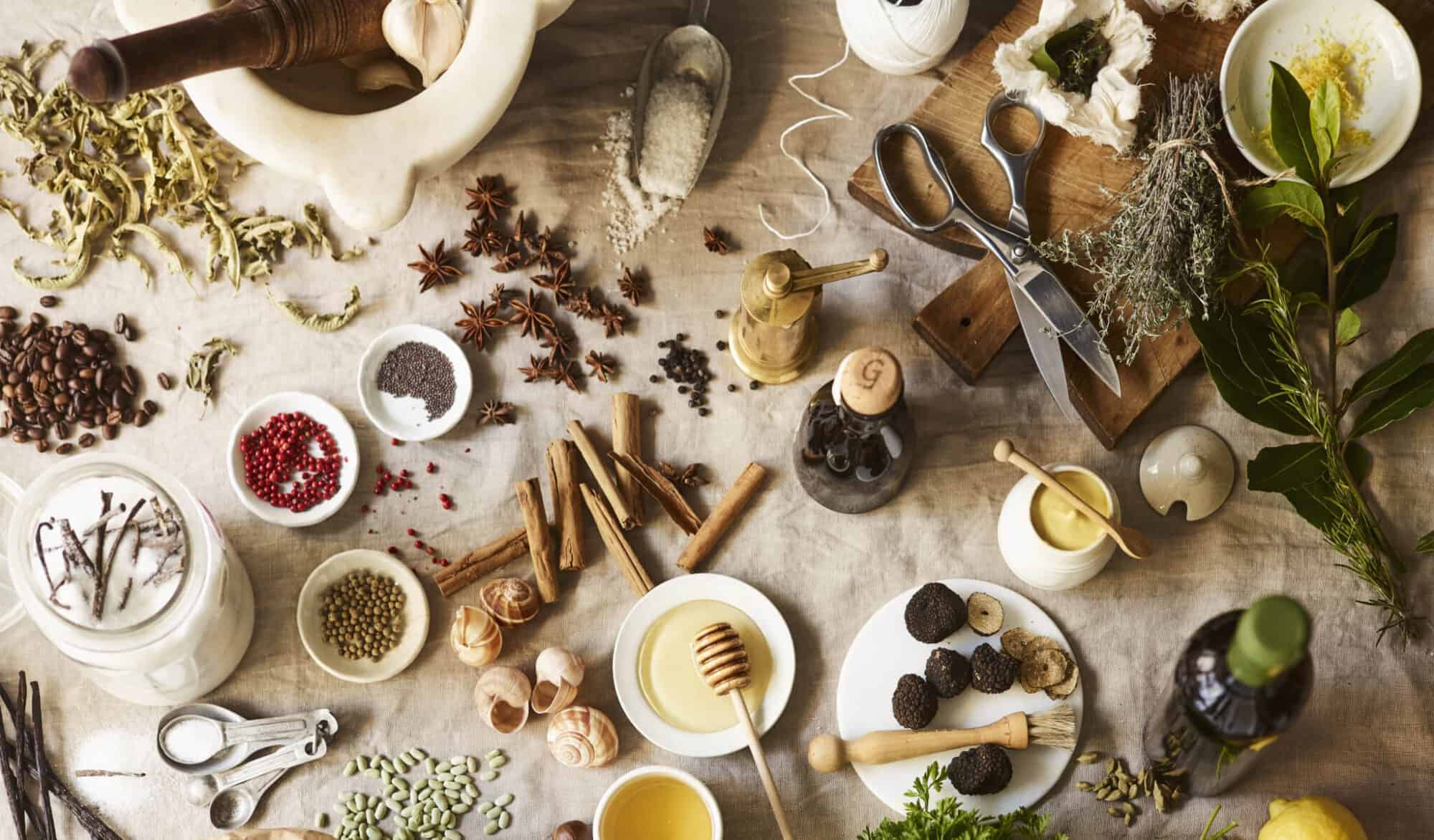
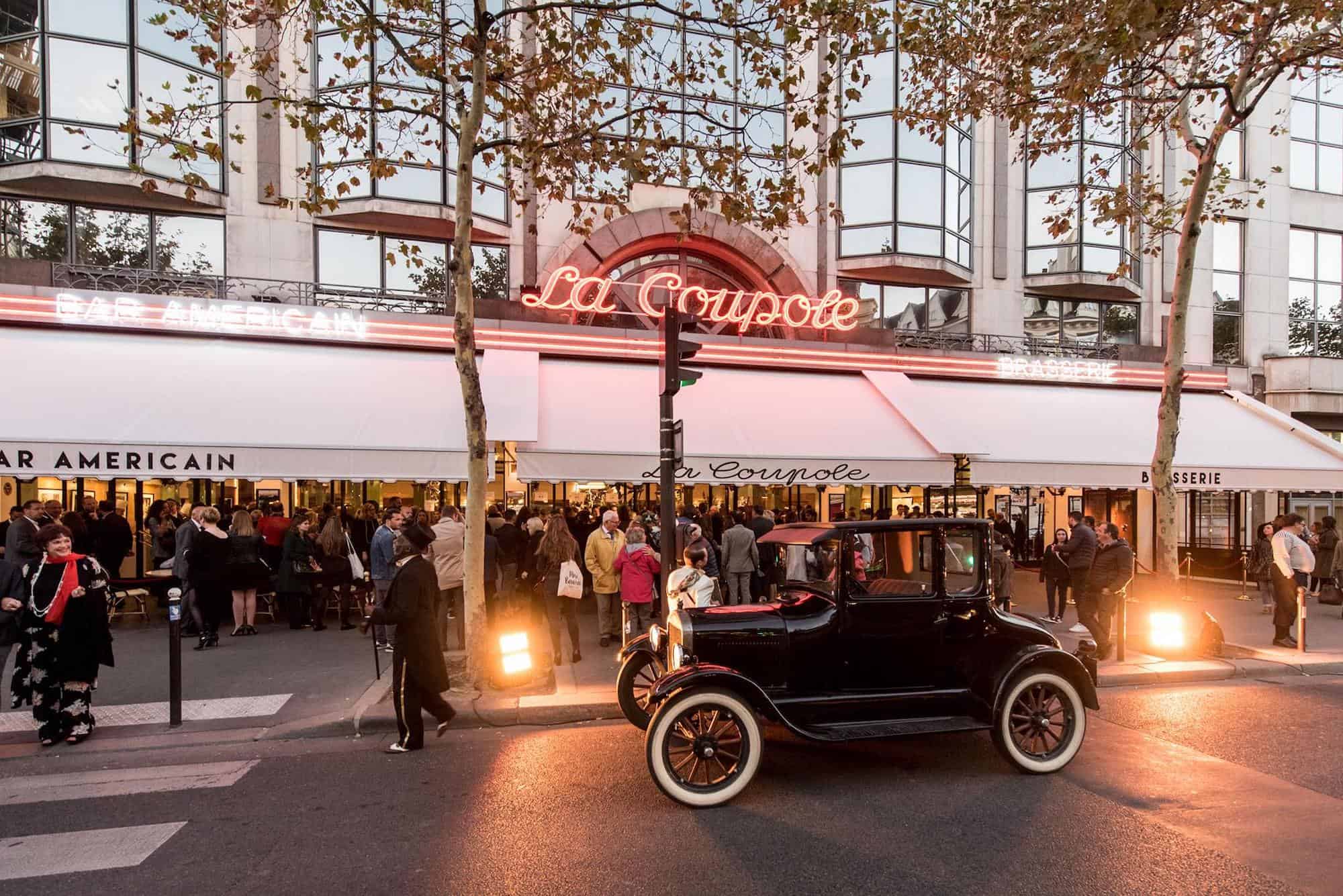
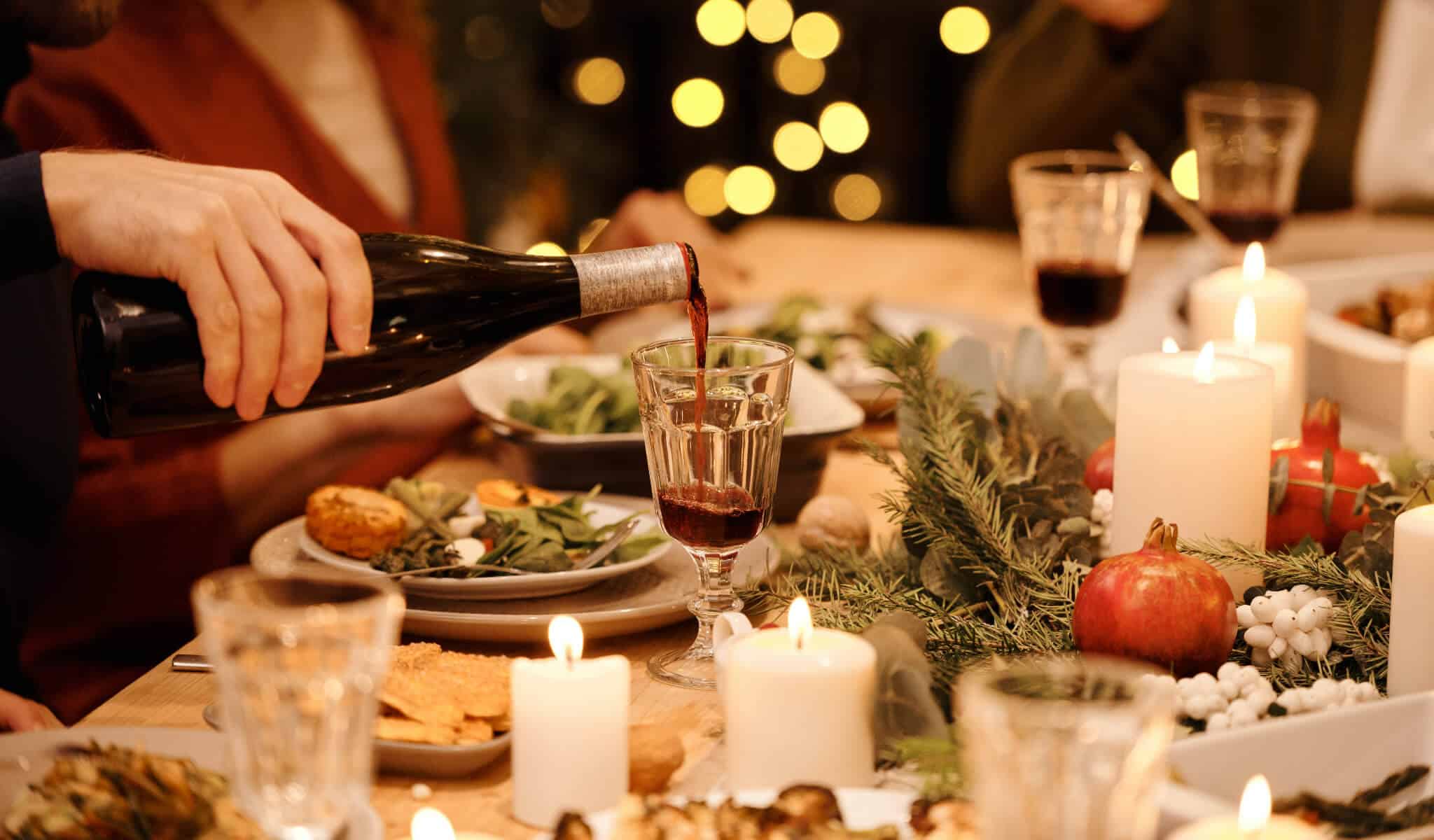
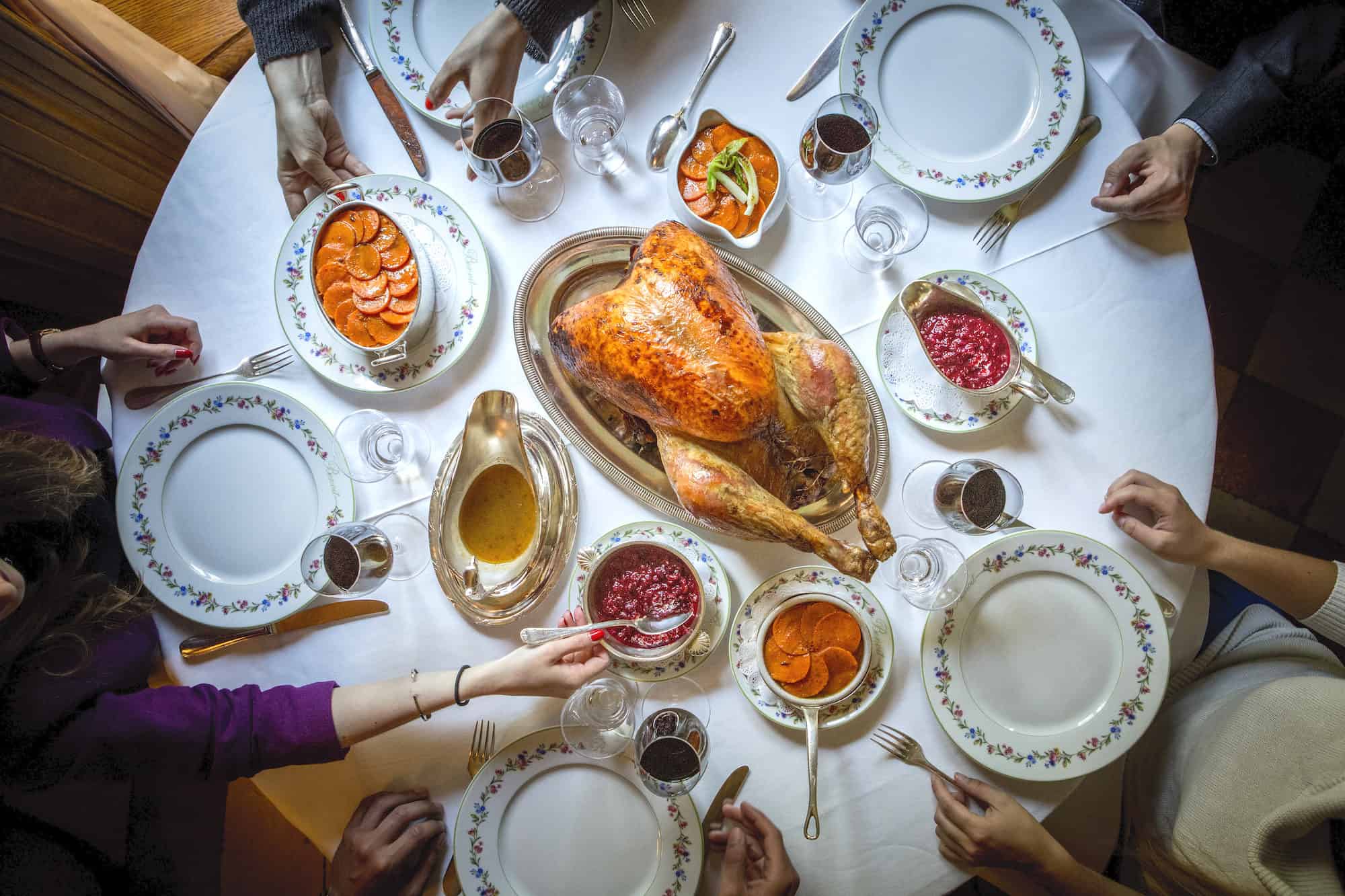

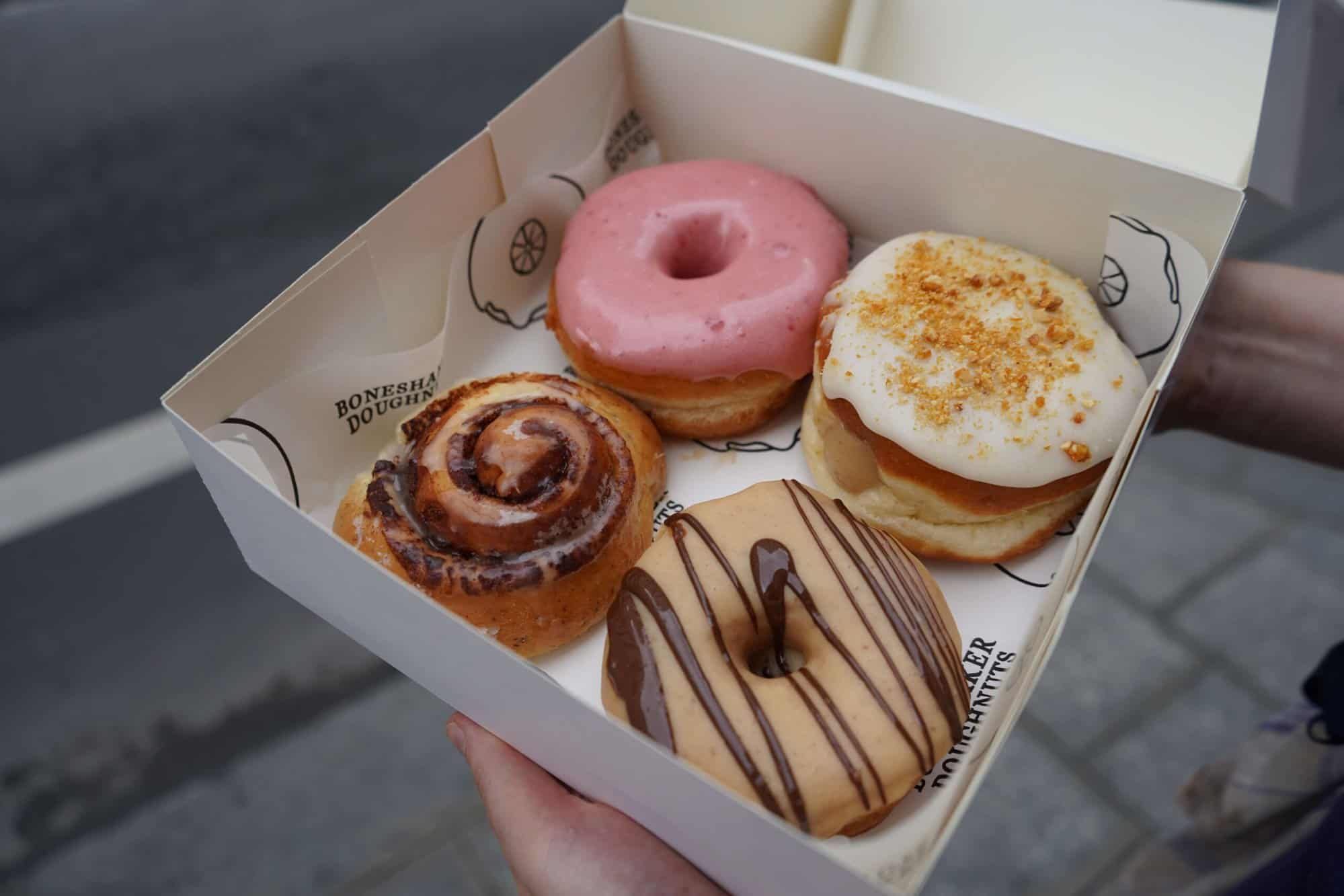



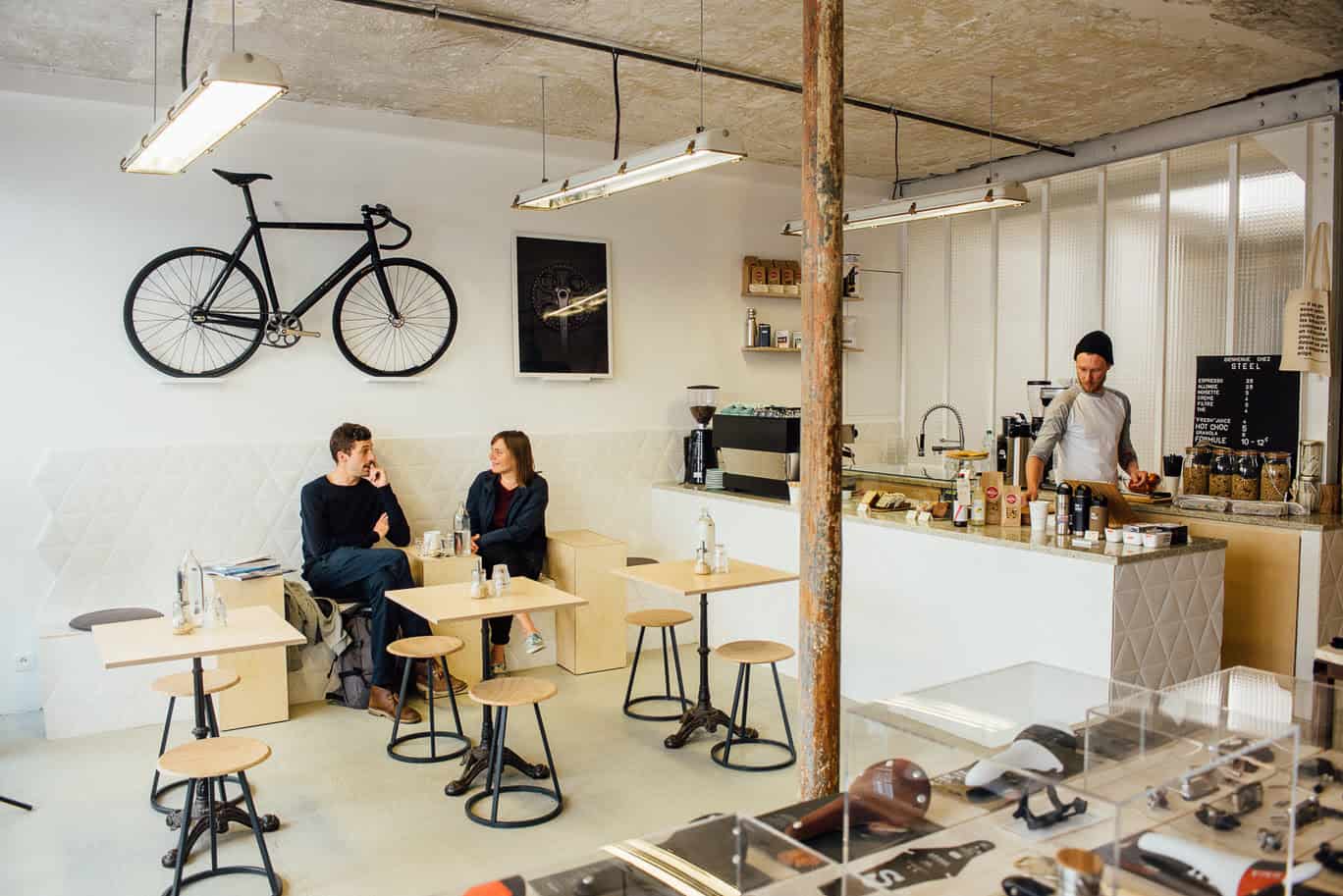

If I can ever get to Paris, I would NEVER leave! <3
I’m in love with Paris forever.